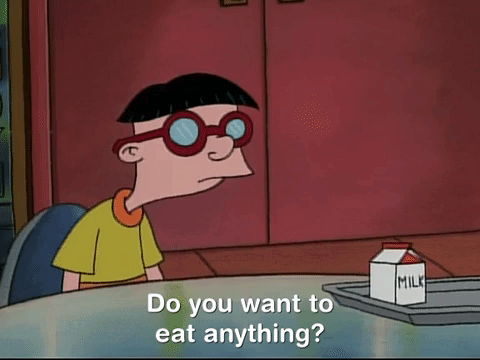Why Making No Decision Is Worse Than Making a Bad Decision
Decision paralysis is thwarting your progress

Making decisions is hard, especially when we don't know if it is the right decision. This results in decision paralysis, and often no decision is made.
No Decisions
When we make no decision, we still made a decision—a decision to make a no-decision. And I believe that's worse than deciding with a bad outcome. Here why?
When we don't decide, we only forfeit the ownership of decision-making, but we still experience the outcome of the decision. In other words, when we don’t make a decision, we are implicitly moving the ownership of decision-making to someone else. And you can bet, in most cases, the new owner will NOT have our best interest in mind.
This is true with small decisions and big ones. Here are two examples:
Big decision: Should we vote?
We let others decide who they should put in the critical position of power. It is guaranteed that they will are not thinking about our agendas and problems when they decide to vote for a specific candidate. They are voting for themselves and not you.
Small decision: What do you want to eat?
When our partner asks us this question and we say "Whatever", we moved the ownership of that decision to our partner. They are going to get food that they want to eat. Will that be ideal? Sometimes, if they care about us.
Decision Exercise
You can try this for yourself by doing a small experiment or just doing a simple reflection. Think of a time when you did not make a decision and then what was the outcome. And then think again about how different the outcome could have been if you took the decision.
Even in the above examples, if we made a decision, at least there is a chance that the outcome will be in our favor. For example, for the decision of "What do you want to eat?", the answer "Whatever as long as it's not junk food." has a chance of a better outcome than making a no-decision.
👉 If you like this content, please consider subscribing to this free newsletter by clicking
Or following me on Twitter as I tweet about these topics more often than writing blogs. The topics I tweet about are software engineering, productivity, mental models, and personal development.




